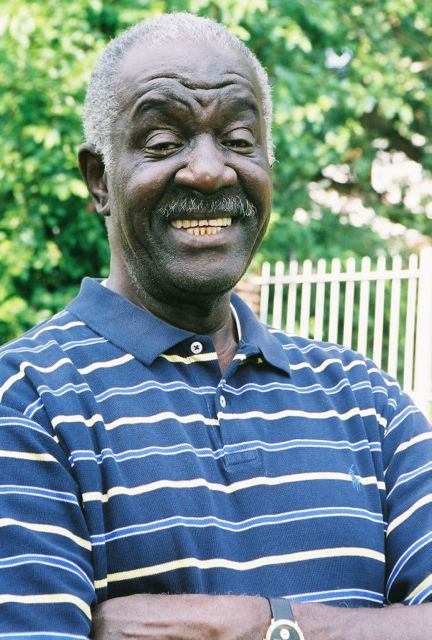Isaac Fulwood, Chief During Dramatic Years, Has Died
By • September 5, 2017 0 1098

Although Isaac Fulwood was a native Washingtonian (raised in the Capitol Hill neighborhood) and spent most of his professional life in law enforcement — including three dramatic years as chief of the Metropolitan Police Department — it can’t have been easy to fulfill his ambitions and achievements.
One of the city’s more memorable public figures, he was, in the beginning, one of only a few African American police officers when there wasn’t much of a welcome mat out for such a presence.
Fulwood, who died at the age of 77 Sept. 1, had an imaginative intelligence and a long memory of the difficulties of his early days as an officer. He brought an outgoing and aggressive approach to the job; he took the “preserve and protect” admonition seriously. He also brought new ideas with him, including a community-policing approach to his work, which he then took to every level he achieved.
He was by reputation a talented officer, but it’s also probably true that it was Mayor Marion Barry, for better or worse, who brought him to the public eye.
Barry, who later touted himself as “mayor for life,” made Fulwood, who had his own share of public charisma, the D.C. chief in 1989. The mayor’s arrest on drug charges, after being videotaped smoking crack cocaine with a woman companion in the infamous Vista Hotel bust, came five months after Fulwood took over. Back in 1977, Fulwood was present in the District Building when Hanafi Muslims took over the building, encountering a wounded Barry, who had been shot.
Fulwood’s tenure coincided with the era when Washington was one of the most violent cities in the nation. In 1991, there were 482 killings in the city, most of them shootings of black men by black men. One of the victims was Fulwood’s 43-year-old brother Theodore Fulwood.
The overstressed and overstretched police force at first could not stem the tide, even with a hiring push of 1,000 officers, a tactic which would result in its own problems and aftereffects.
In 1991, his force handled the Mount Pleasant riots. The following year, Fulwood led a police force that managed to control the reactions in the city to the Rodney King verdict.
His years after being chief were quieter and more rewarding. One community leader lauded him, according to reports, as having both “toughness and heart,” which served him well, if painfully, during the city’s worst epidemic of drugs and homicides.

